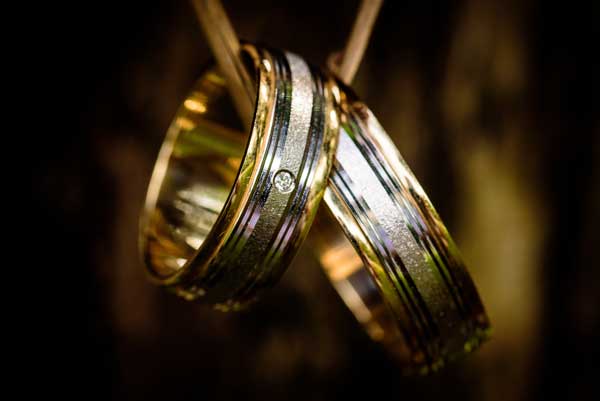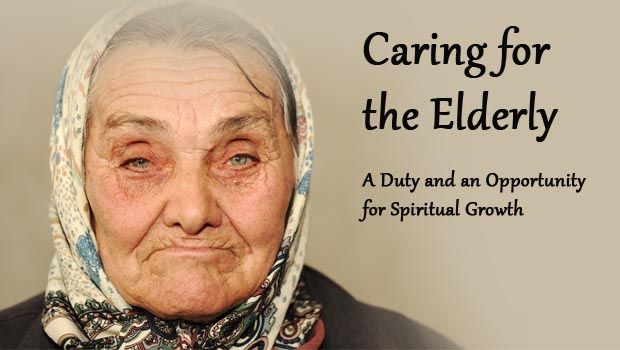Finding love and marriage in the modern age as a Muslim American is challenging. There are many apps, online websites, and Instagram-famous matchmakers, all keeping us swirling around in the dreamland of plentiful choices. Young Muslims are looking for partners whose hopes, dreams, religious practices, and culture overlap with theirs. With the ever-growing number of choices, the wants, don’t wants, must haves, deal breakers, and more, is a long list, making it difficult to find “the one.” However, what’s more concerning is the behavior of some of the players in the serious game of courtship.
I’ve been reporting on the front lines of Muslim marriage matters for the last few years, exploring and writing about how young Muslims are experiencing the search for love and marriage. While I speak to both men and women, I’ve focused special attention on Muslim women and the difficulties they encounter. In the online world of Muslim courting and non-Muslim dating, the Millennial and Gen Z generations have defined certain patterns of behavior that are most often (though not exclusively) exhibited by the men. There are men who are literally “on the hunt” for women (be they wives, girlfriends, or hookups), and they are infamous for gaslighting (a form of psychological manipulation of another person that makes them question their experiences, perceptions, or sanity) and ghosting (completely and abruptly stopping all communication). The tendencies for bad behavior seem to be more frequent in online spaces where there is little accountability. I’ve heard stories of men sending inappropriate photos, engaging in lewd speech, and inviting women to commit zina. Unfortunately, such behavior is as common in our communities as it is everywhere else.
I’ve been told about encounters where men pretend to be pious and even make introductions to the woman’s father, trying to appear transparent and genuine as a person of character, and then do a 180 by asking her to Facetime late hours into the night or travel alone to meet him in private. I’ve heard of men who seek out women saying they are serious about engaging in discussions of marriage, but then they just disappear without any reasonable explanation. There are some who begin conversations with multiple women at once, and others who are already married and enter into second marriages without even notifying the first wife of their decision and action. The stories of lies, indiscretions, and even abuse, are far too many to chalk it up as exceptions.
While each instance of soured courtship is unique based on circumstances of the individuals, there is a unifying thread: lack of character and bad adaab. What is adaab? It is defined as manners, decency, and morals. Muslims are taught proper adaab through prophetic examples. Reading about the prophetic model of character, with sincerity and good manners front and center, shows me that too many of the men of this current generation are seriously lacking in the character traits that Allah SWT has enjoined upon us. We must look towards our beloved Prophet Muhammad to learn how to improve.
Seeking the Necessary Knowledge
Two books that I have found extremely relevant and helpful in lighting the pathway to knowledge of character and proper adaab are 44 Ways to Manhood: Breaking Old Habits and Building New Personalities Based on the Quran and Sunnah by Taymullah Abdur-Rahman; and With the Heart in Mind: The Moral and Emotional Intelligence of the Prophet (S) by Mikaeel Ahmed Smith.
In 44 Ways to Manhood, the author sets out to answer the question “What does it mean for a Muslim man to have a personality that is in accordance with the Islamic guidelines?” Using the Qur’an and sunnah, he outlines 44 principles that Muslim men should integrate into their daily lives. Regarding one of the principles, he cites this hadith: The Prophet (s) said “The best among you are those who have the best manners and character” (Sahih Bukhari). And in another, Al-Nawwas Bin Samaan (ra) reported that the Prophet (s) said: “Righteousness is in good character, and wrongdoing is that which wavers in your soul, and which you dislike people finding out about” (Sahih Muslim). Such hadiths show us the emphasis placed on cultivating good character in order to please God. The book is helpful in laying the foundation for how men can cultivate good character and seek righteousness, and improving their manners is an integral part of this process.
In the book, With the Heart in Mind, Mikaeel Smith uses an analysis of Imam Abu Hamid al-Ghazali’s Alchemy of Happiness to develop an understanding of “emotional intelligence training.” This training, says Smith, involves an understanding of one’s own self which he argues, is essential for “understanding and influencing the emotional state of others, but also the only means by which a person can gain control of themselves.” In connecting the understanding of the self with one’s devotion to Allah SWT, Smith notes that the connection can be optimized only when we have freed ourselves from being controlled by our lower desires and passions. Allah refers to the effect of the lowly passions: “And had We willed, We could have elevated him by means of them [the signs] but he clung to the earth and followed his desires. So, his likeness is as the likeness of a dog: if you attack him, he lolls out his tongue, or if you leave him alone, he lolls out his tongue. That is the similitude of those who deny Our signs; So, relate the story so that they may reflect” (Qur’an 7:176).
Knowledge of the self involves a struggle to become aware of and bring under control the ego and the lower desires. This is so challenging that the Prophet (s) referred to it as jihad al akbar, or the greater struggle or battle. While some scholars note that there is weakness in the hadith’s chain of transmission, the meaning can be inferred and supported by other hadith and verses in the Qur’an. Resisting passions, acting with intentionality, remaining within the boundaries of morality as defined by our religion — all are facets of the struggles men must engage in to cultivate character, to obtain piety, and to act with proper adaab. Smith says, “the prevalent cultural misunderstanding of masculinity must be corrected and replaced with the Prophetic standard of masculinity.”
In the event that some might interpret this article as a broad condemnation of males, we can balance things by pointing out that women have responsibility in this state of affairs. While the men who act improperly are accountable for their own choices and their behavior, the mothers who raised these young men, who were their first teachers and had the most influence on them from birth onward, somehow failed to inculcate proper adaab in their sons. We all have to take responsibility for the shortcomings of our ummah, whatever part we may have played.
And we should all advocate for change. Those men of the current generation who are ignorant of the necessity of building good character and demonstrating good adaab will continue to engage in failed courtships and unhappy marriages. We must teach the next generation proper adaab so that those seeking marriage, those who become husbands and fathers, will act with propriety, thus upholding prophetic principles that will carry on for generations to come. And those women seeking marriage, those who become wives and mothers, must act with resolve, doing their part to teach our children proper adaab as an integral part of the challenge to build character and bring the desires and passions under control.
The Prophet (s) said, “A believer to another believer is like the bricks of a wall, reinforcing each other.” The Prophet then clasped his hands together, interlacing his fingers (Sahih Bukhari).





